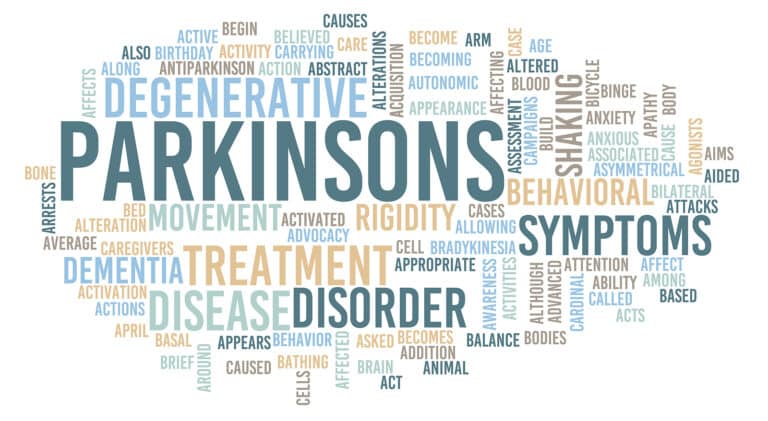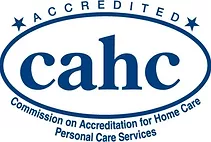April is National Parkinson’s Awareness Month. Parkinson’s Disease is a progressive disorder of the central nervous system that affects movement. Symptoms typically occur slowly; one side is often affected first, but as Parkinson’s disease progresses, both sides are affected. While anyone could be at risk for developing Parkinson’s, research suggests that older age is a clear risk in developing the disease. Most people with Parkinson’s first develop the disease after age 60, and about 5% to 10% experience onset before the age of 50. Early-onset forms of Parkinson’s are often, but not always, inherited, and some forms have been linked to specific alterations in genes.
This disease was named after Dr. James Parkinson, who in 1817, first identified the motor symptoms associated with the disease. Since then we have made so much progress towards understanding the disease on a broader spectrum. These discoveries have improved the treatment we have available today, which can lessen some symptoms although, there does not yet exist interventions to prevent the progression of the disease.
In honor of this month, we have decided to join the fight against Parkinson’s by dedicating this blog post to early signs of the disease. We believe it is important to recognize the most common early symptoms, as an early prognosis can lead to better treatment.
Below are 5 signs that you might have this disease:
1. Tremor
A tremor at rest in the fingers, hand or chin is a common early indication of Parkinson’s Disease.
2. Trouble Moving or Walking
If you experience stiffness in your body, arms and legs when you walk that does not go away as you move, this can be a sign of Parkinson’s Disease. Some describe this stiffness as their feet feel seemingly “stuck to the floor”.
3. Trouble Sleeping
Quick jerks of the body and ‘tossing and turning” are normal for everyone. But sometimes, sudden movements during sleep may be an early sign of Parkinson’s Disease.
4. Dizziness or Fainting
Regularly standing up and feeling dizzy or fainting can be an indication of low blood pressure of a more serious issue, Parkinson’s Disease.
5. Stooping or Hunching Over
If you notice that you are not standing up as straight as you used to, leaning or slouching when you stand, this could be a sign of Parkinson’s Disease. Of course, if you have pain from an injury, are sick or have a problem with your bones, that may be the cause as well. Remember to always speak to your primary care provider if you notice any abnormal changes with your body.
References:
https://parkinsonfoundation.org/
https://www.ninds.nih.gov/
https://www.parkinson.org/understanding-parkinsons/
- Summer Health Fair - July 25, 2024
- How Can Families Care for Dementia Patients at Home? - July 25, 2024
- National Ice Cream Month – Fun Facts - July 11, 2024


